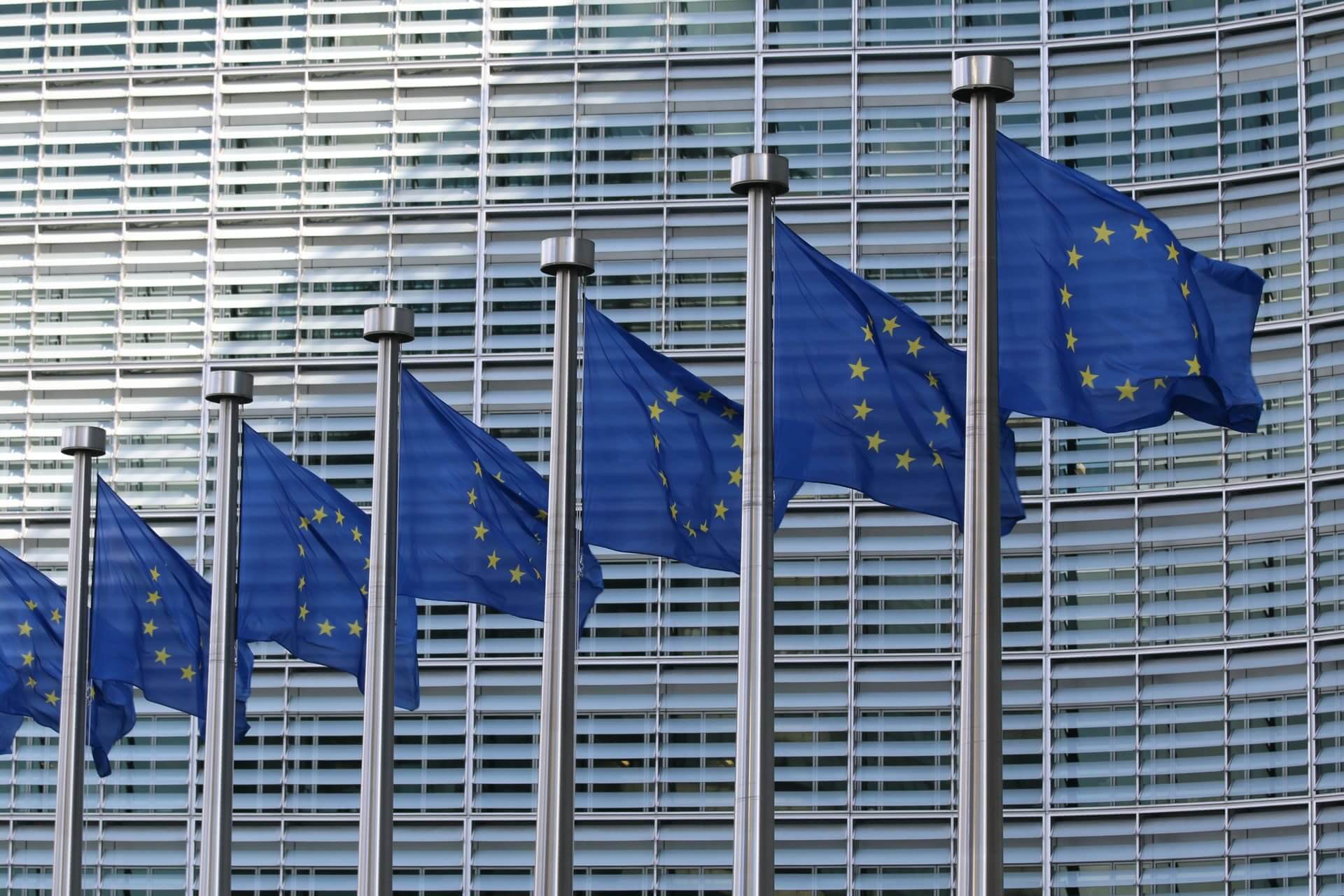PROPOSED DIRECTIVE ATAD 3, TO RESTRICT “SHELL” COMPANIES
Within the EU action plan to fight the tax fraud, on December 22, 2021, the Anti-Tax Avoidance Directive 3 (ATAD) Proposal was published. This Directive is aimed at preventing the misuse of shell entities for tax purposes within the EU.
The Directive Proposal establishes a series of common, general and objective indicators aimed at identifying entities that can be considered “shell companies” either due to the composition of their annual income or assets, or due to their substance, in such a way that those entities that are classified as “shell” cannot enjoy the benefits of the EU Directives and/or Double Tax Treaties.
Two filters are established, one related to the composition of the entity’s income and/or assets “Relevant Income”, and another one related to the “minimum substance”.
Interest, dividends, real estate income, income from movable properties (art collections, yachts, etc.) are considered “relevant income”, among others. In general terms, what we commonly know as “passive income”.
Those entities, located in the EU, which more than 75% of its income comes from “relevant income” or which assets are composed in more than 75% of securities, real estate and/or movable assets with a value exceeding €1M, will be required to report whether they meet the “minimum substance” requirements in their annual tax return.
To this end, these entities will be required to report and provide supporting documentation on the following indicators:
- They have offices, and wither they own them or are exclusively used by them.
- They have a bank account in the EU.
- Their Directors are residents of the same Member State or in another relatively close as to enable them to do their duties, they are qualified and authorized to decide on the business of the entity, they exercise said power independently and are not Directors of other unrelated entities.
- Most of their full-time employees are residents of the country where the entity is located and if they are qualified to carry out their activity.
Providing the entity reports the aforementioned indicators together with supporting documentation, they will be deemed to have the minimum substance required. Otherwise, that is, if they do not report them or do not provide evidences of compliance with them, the entity be deemed a “shell entity”. However, this presumption may be destroyed by providing additional documentation that reveals the economic and commercial reasons for its establishment and operation.
A Member States may agree to exempt from the obligation to report those entities that demonstrate that their setting does not affect the tax burden of the group as a whole (including the Ultimate Beneficial Owner).
Consequences of being qualified as a “shell entity”:
- The rest of Member States may deny the application of EU Directives or Double Tax Treaties.
- The Member State of residence of the beneficiary will tax the income obtained by the shell entity (tax transparency).
- The Member State of residence of the entity may deny the tax residence certificate or issue it indicating the lack of minimum substance.
The Proposal of this Directive establishes mechanisms for the exchange of information, in relation to this type of entities, between Member States.
A penalty regime is established for the lack of reporting and penalties can be as of 5% of the turnover.
The entry into force is scheduled for 2024, and the Directive must be transposed into domestic legislation before the end of June 2023.
This new legislative framework increases the obligations of taxpayers aimed at tackling structures with lack an economic purpose other than the enjoyment of tax advantages within the EU.
Therefore, it is necessary to review this type of structures in order to adapt it to the new requirements that will be imposed once this Directive is approved.
The UHY Fay & Co tax team is at your disposal to help you if you consider that your Group or company may be affected by this new regulation.

Pitu Domecq
Socia – Tax
idp@uhy-fay.com
RELATED SERVICES:
– Tax advisory
– International Tax




